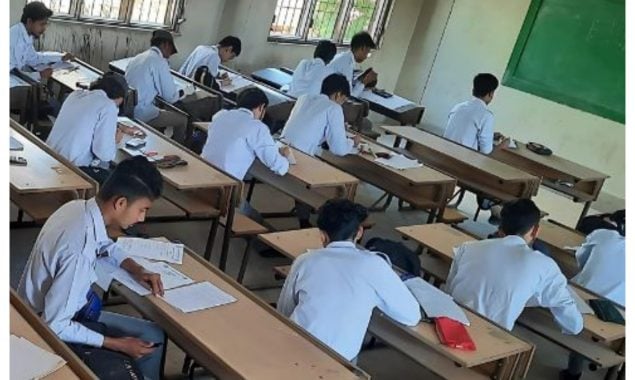A study published in the Journal of Cognition has revealed that facial recognition belongs to social belonging rather than people’s personalities. It has broken the stereotype of people with small groups being bad at facial recognition.
Research centers around four separate studies amounting to 3000 people. Aims was to establish a relationship between facial recognition, social networking, and personality tests. Australian and US universities worked in parallel.
Moreover, results correlated facial recognition with social networking and close relationships.
“People who identified more faces typically had larger supportive social networks, which bodes well for their overall health and happiness.” University of South Australia (UNiSA) psychologist Dr Laura Engfors.
“In concrete terms, the rise from the lowest (two) to the highest (28) number of faces that were successfully recognised on one test coincided with six additional close relationships, increasing from nine to 15. That’s an increase of two thirds and it is one extra strong social bond per four famous people recognised.” Further stated by Dr Laura Engfors.
Also Read: When Do Infants Develop Consciousness, Research, And An Accumulation Of Science And Philosophy
The research has eliminated the stereotype of connections between, how social a human is, and his ability to recognize faces. However, the research did establish the relationship between a healthy environment and facial recognition. So, facial recognition amounts to mental health and self-esteem.
“It can make us feel important and valued, leading us to relate to that person more warmly, whereas we feel snubbed if someone we have met before does not recognise us.” Dr. Linda of Curlin University and co-author.
Another co-author, associate professor of psychology Jeremy Wilmer, Wellesley College hopes that research will help establish relations.
“Understanding that not everyone finds it easy to recognise people can help us to support those around us in social interactions,”
Professor Wilmer further states. “Something as simple as name tags at a community barbecue or school event can make the difference between a connection built and a connection lost. Similarly, if you catch a flicker of uncertainty on someone’s face when you say hello, a subtle reminder to help them place you will be appreciated.”











